Is equine "Loss of Use" insurance still a prudent decision?
Horses are purchased for a variety of reasons. Most performance horses are purchased to perform a specific function at a specific level, often with the hope that they will improve their level of performance at that function over time and increase in value.
If a horse becomes totally and permanently incapable of fulfilling the function or functions for which it is intended, as stated on the mortality insurance policy, but it is not a situation that requires humane destruction, then the owner will probably experience a financial loss. A “Loss of Use” extension on the mortality policy was established to pay a percentage of the mortality limit (depending on the insurer) to cover this loss.
A successfully competing performance horse that develops a chronic lameness and can no longer compete is a clear-cut situation. A performance horse that can no longer compete at its previous level, in the assessment of the owner, but can still compete is a less than clear-cut situation and may require some further evaluation on the part of the insurance company.
Originally, the above was the intention of “Loss of Use” Insurance. Due to the inability to define a performance horse’s original baseline of athletic ability and usefulness at the time of being insured, in some cases the loss of that usefulness was very difficult to demonstrate. As a result, insurance companies no longer like to write equine loss of use insurance. If the horse’s owner really wants this insurance, the insurance company may require a soundness examination along the order of a pre-purchase exam in order to establish the horse’s baseline of athletic ability and usefulness prior to insuring the horse.
Likewise, in the event of a claim, another extensive examination may be required to establish the validity of the claim.
Because of the complexities involved with the examinations pre and post coverage and the time involved with the discussions initiated by the difference of opinions between the horse owner and the insurance companies, the popularity of this coverage has waned considerably and is no longer as popular as it was initially.
